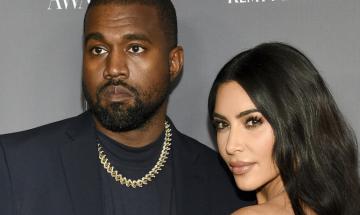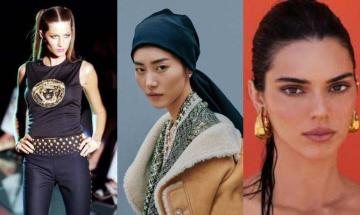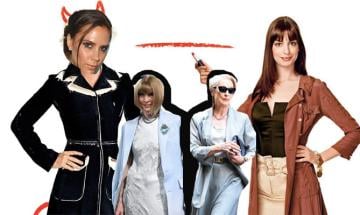Home / Entertainment
AI is creating fake celebrities, who can we trust now?
What if everything you see is a lie?
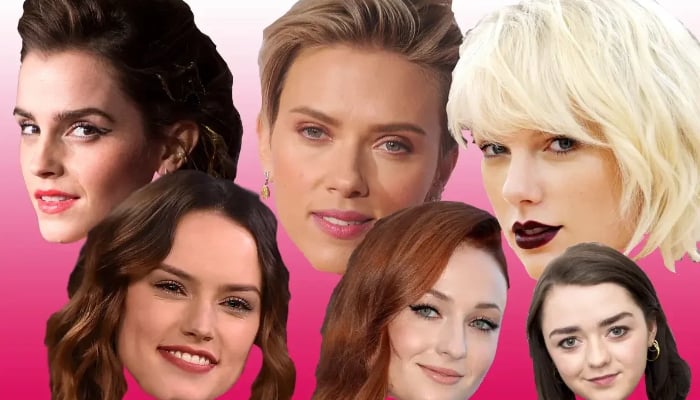
Deepfakes created using artificial intelligence (AI) are altering reality with terrifying accuracy, and in a world where seeing is no longer believing, the danger posed to self trust and perception is unbelievable.
From political scams to celebrity endorsement frauds, deepfake impersonations have shifted from virtual science fiction to dangerously life-threatening realities, posing serious risks to civil liberties and privacy.
Fake faces and real consequences
What began as laughter provoking internet memes, such as the Tom Cruise and Morgan Freeman deepfake videos, have now shifted to powerful deceptive tools. These tools have been used to impersonate CEOs and authorize fraudulent bank transactions using voice cloning technology.
AI impersonalization of politicians has taken it far, where primetime talk shows are being flooded with videos of political figures endorsing extremist addiction or making demeaning statements.
With powerful public figures being dangerous targets, the hit to celebrities is severe. The internet outrage machine has shifted towards Taylor Swift as well. Highly realistic deepfake porn of the youngest self-made billionaire, Taylor Swift has circulated in 2023.
Her fanbase and team put up a brave fight, working tirelessly to get the video removed, but the reality is, the damage was already inflicted.
AI porn targeting actors is done at an alarming scale, as Emma Watson’s AI generated adult film ordeal shows, where her legal team had to sue countless forum websites.
Scarlett Johansson highlighted the controversy surrounding AI advertisement when her likeness was utilized without consent in an AI ad.
She further stated, “The law doesn’t really protect you from someone using your face and your body.” This exemplifies the challenges that many actors and celebrities face legally.
AI system becomes too obsessed with a celebrity fan
Not every type of synthetic content is dangerous, as some individuals take it upon themselves to create alternative movie scenes or tribute videos for their favorite actors.
Using deep fake technology, younger versions of famous actors such as Robert Downey Jr. and Mark Hamill have been created, allowing digital revival of performances from Carrie Fisher.
Fan-made content may be idealized, but that does not make it ethical. Billie Eilish is an unfortunate example of what happens when people try to exploit other people’s fame.
She had the unfortunate honor of becoming a case study for AI-grafted interview segments where her real language was altered with spliced fake quotes—some sinister, others benign. “It’s so weird to see yourself say something you never said,” she stated during an interview.
Hollywood's reckoning
Big studios have recently been in the news for wrestling with the ethical and legal challenges that come with automation.
New technologies are being used to “de-age” performers and create new voiceovers, even AI-generated voiceovers are becoming popular.
Marvel made use of AI in “What If...?” to voice over the late Chadwick Boseman’s character and Lucasfilm brought back digital versions of Carrie Fisher as well as Peter Cushing for the Star Wars films.
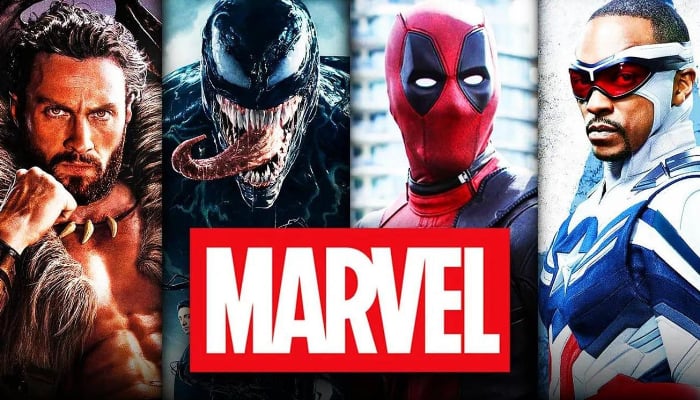
Others don’t share the same sentiments. Keanu Reeves is arguably the most vocal against the use of AI image generators. In AI videos that misuse his likeness, he has made his voice heard.
“We’re going to have to defend what is real,” Reeves told Wired. It is also said that Reeves has a protecting clause in his contracts that restrains the digital manipulation of his performances without his consent.
There was a demand for AI delineation during the 2023 SAG-AFTRA strike primarily among union actors who protested over the use of their likenesses and, more importantly, the controlled identity being sold or used repetitively without recompense or agreement.
Most recent frontier for cybersecurity
As their implementation and realism improves, experts in cybersecurity struggle to keep up with the new technology. ‘Bad actors’ will always remain one step ahead of everyone else, as companies like Microsoft and Intel create advanced AI detection programs.
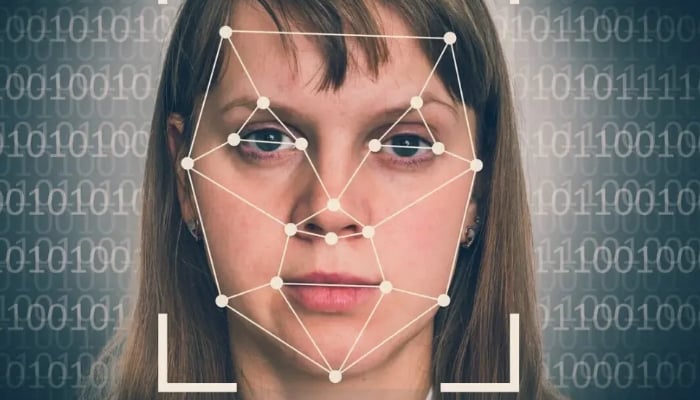
The DEEPFAKES Accountability Act in the USA and other similar bills from the EU have started to look into labelling frameworks for AI created media, as well as punishable clauses for malicious use. There is hardly any enforcement of the law which makes countering the effects of a viral deepfake extremely difficult once it spreads.
Who can we trust?
In an era of sarcasm, the biggest threat lies within what is real and fake. When the concept of authenticity isn't trustworthy, and every piece of information can be altered, it poses challenges for democracy, justice and journalism.
From falsified scandals to manipulated endorsements, the deepfake revolution is upon us. If society does not evolve faster than the technology, the one thing everyone has always relied on our eyes, will soon vanish.

